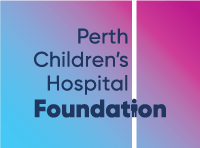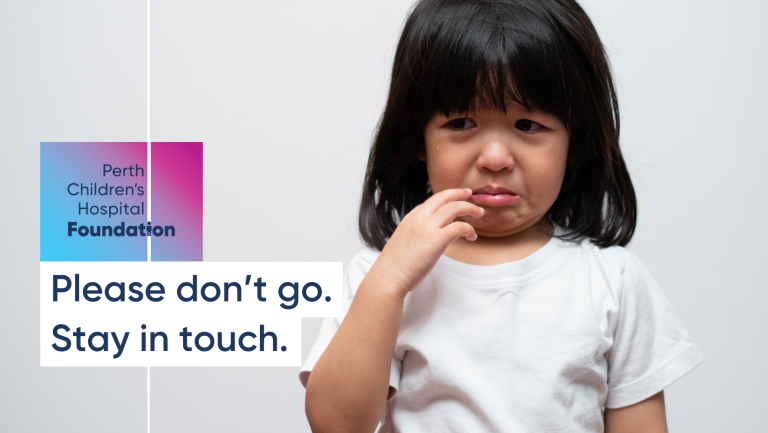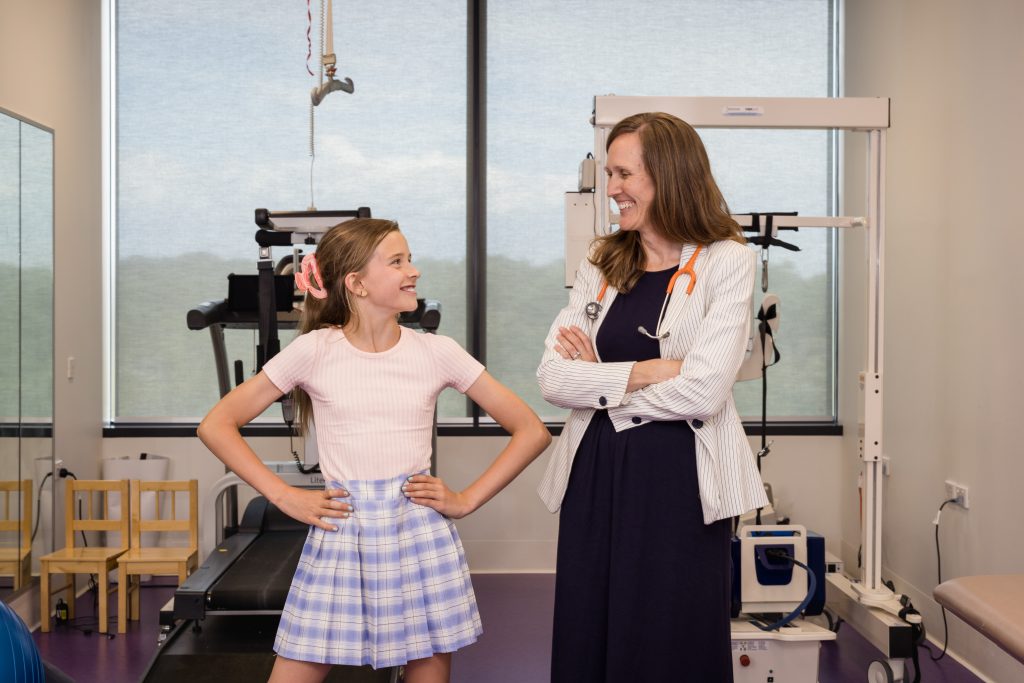
Recruitment going strong in trial to improve golden Staph treatment.
- Perth Children's Hospital Foundation
Recruitment going strong in trial to improve golden Staph treatment.
- Perth Children's Hospital Foundation
Recruitment going strong in world-first trial to improve golden Staph treatment.
Patient recruitment is performing strongly in a world-first global study currently underway at Perth Children’s Hospital (PCH) that aims to improve treatment of bacterial golden Staph infection (Staphylococcus aureus).
Thanks in part to generous funding from the Perth Children’s Hospital Foundation (PCHF) and Telethon, PCH is the lead paediatric site in the global SNAP trial, the largest trial of its kind ever conducted into a single-pathogen bloodstream infection.
Now 12 months into recruitment, more than 20 participants have joined the clinical trial or registry at PCH after being admitted to hospital with a Staph bloodstream infection.
A common bacterium that lives on the skin or in the nose, golden Staph can cause bloodstream infection, sepsis and even death. Up to 50 WA kids are admitted to PCH each year with golden Staph. The infection is most common in newborns, premature babies, and Aboriginal children, who are diagnosed at twice the rate of non-Aboriginal children.
The WA paediatric arm of the trial, named SNAP-PY@PCH, is testing multiple different antibiotic options at the same time, with the aim of uncovering which are the most effective in treating golden Staph infections in kids.
For the first time, the SNAP trial is recruiting adults and children into the same trial, with the goal of building a comprehensive evidence base to optimise and guide treatment, improve outcomes, and save lives.
Telethon Kids Institute infectious diseases researcher and Head of Infectious Diseases at PCH Associate Professor Asha Bowen, who is Paediatric Lead for the global SNAP trial, said: “Studies have shown that children present with bloodstream infections in a very different way to adults, but the treatments are all the same, which is why it was critical that we found a way to include kids in the design of the trial.”
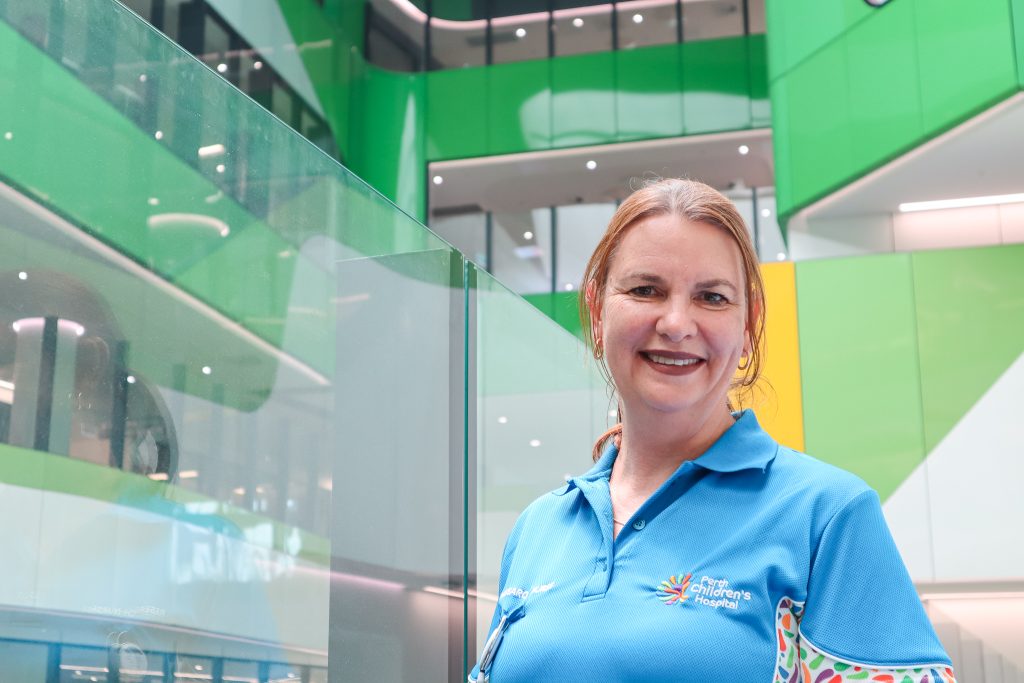
Globally, there are now over 1500 people of all ages involved in the trial. In total, 7000 patients across six countries will be recruited over the next five years. Of those patients, 1000 will be children from across Australia, New Zealand, Israel, South Africa, and Canada, with more countries to join in the years to come.
Thanks to funding from PCHF, dedicated registered nurse Jane McNally joined the SNAP-PY@PCH team earlier this year, after previously working with the Child and Adolescent Health Service (CAHS) in Community Health.
Findings from SNAP-PY@PCH will potentially streamline care, reduce the length of time kids spend in hospital and lead to fewer complications and deaths, as well as resulting in Aboriginal children from regional WA spending less time away from Country.
Assoc. Professor Bowen, also from The University of Western Australia’s Medical School, added: “To date, we have seen really strong engagement from both families and clinicians at PCH. As well as ongoing patient recruitment, we have also established a wonderful consumer reference group and Aboriginal Advisory Committee for the trial.
“Our aim is for the SNAP trial to pave the way for a new kind of clinical trial, involving both children and adults. SNAP-PY@PCH will also establish PCH as a contender to conduct future trials looking into infectious pathogens, such as emerging antimicrobial resistance threats.”
In addition, PhD student, Keerthi Anpalagan is representing SNAP-PY@PCH at the World Society of Paediatric Infectious Diseases (WSPID) Congress in Durban, South Africa in November 2023.
SNAP-PY@PCH is funded by Perth Children’s Hospital Foundation, Telethon and the National Health and Medical Research Council (NHMRC) and administered by the University of Western Australia on behalf of Telethon Kids Institute.
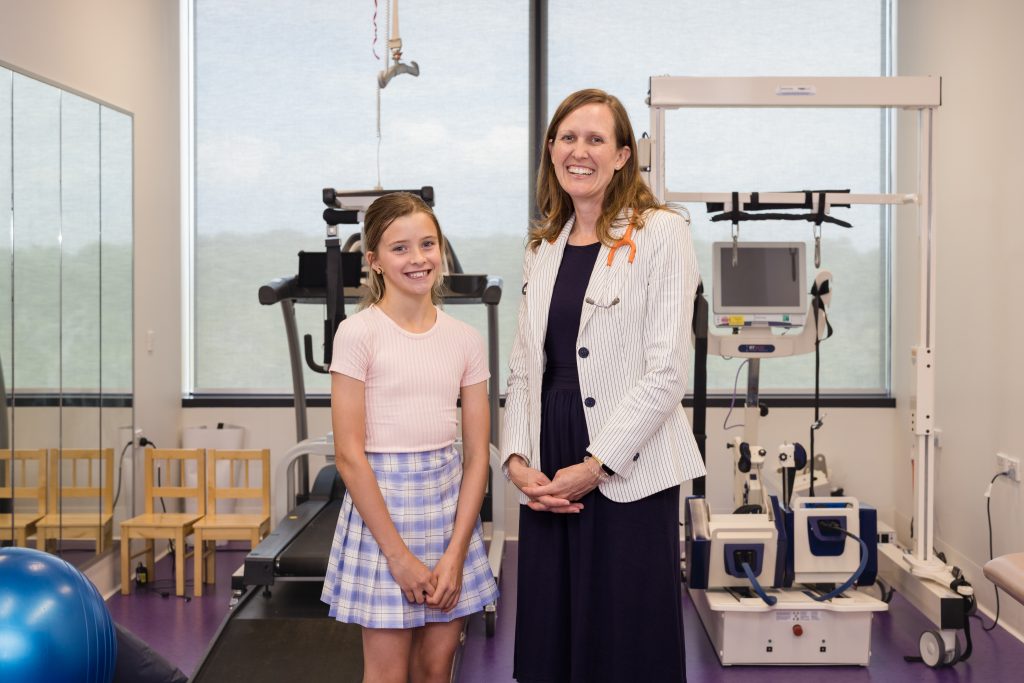
Learn more at snaptrial.com.au.
Donate now to help fund more
game-changing research.
